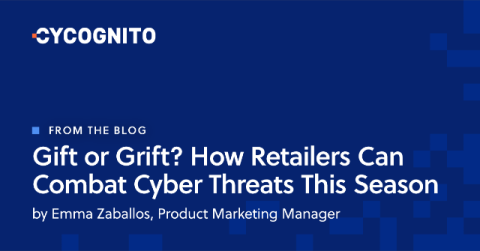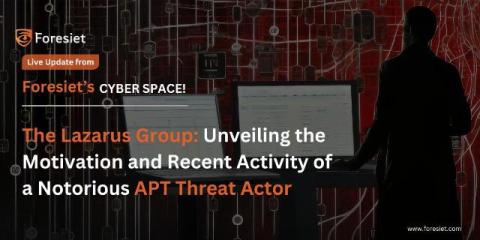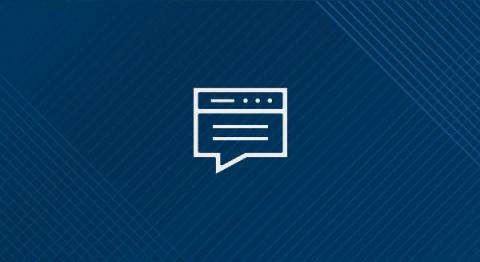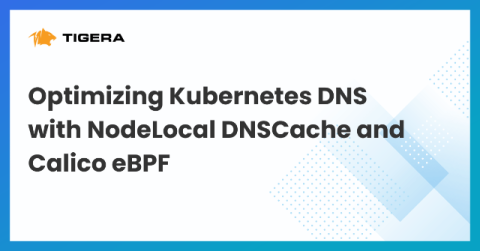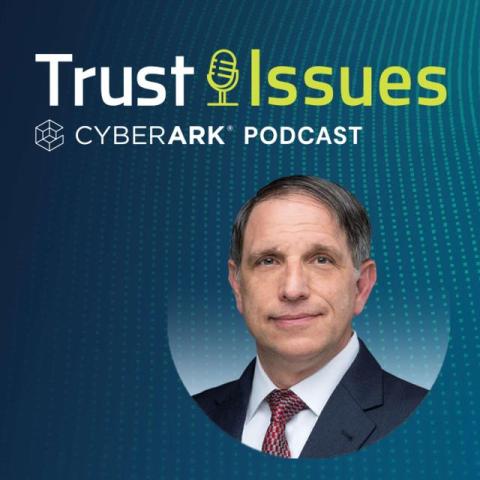Gift or Grift? How Retailers Can Combat Cyber Threats This Season
A lot goes into deciding what to buy during the holiday shopping season – shipping times, sale prices, and finding the perfect gift for your niece (who is impossible to shop for) are likely to be at the top of your mind. Unfortunately, attackers are counting on that. An attacker’s best friend is urgency and Black Friday kicks off a perfect season for them.


